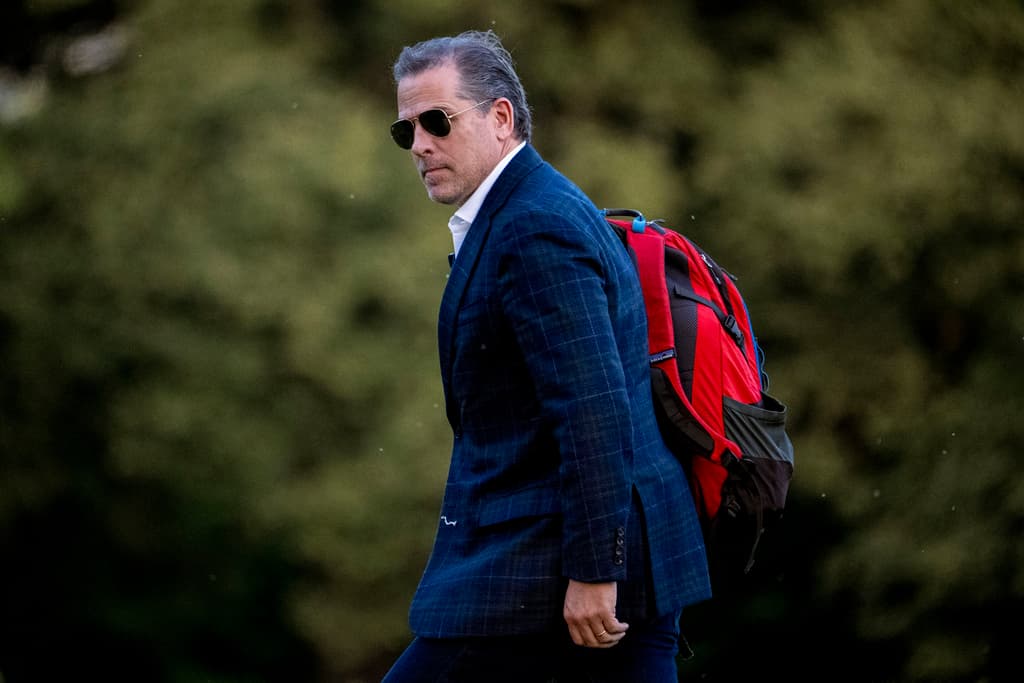Was Hunter Biden’s ‘Sweetheart’ Plea Deal Unconstitutional?
The draft, now in limbo, set off alarm bells related to the separation of powers.

Judge Maryellen Noreika’s finding that she could not accept the agreement drawn up by prosecutors and Hunter Biden’s defense team appears to have been driven, at least in part, by the consideration that the government was asking of the jurist something the Framers forbade her from doing.
Please check your email.
A verification code has been sent to
Didn't get a code? Click to resend.
To continue reading, please select:
Enter your email to read for FREE
Get 1 FREE article
Join the Sun for a PENNY A DAY
$0.01/day for 60 days
Cancel anytime
100% ad free experience
Unlimited article and commenting access
Full annual dues ($120) billed after 60 days

